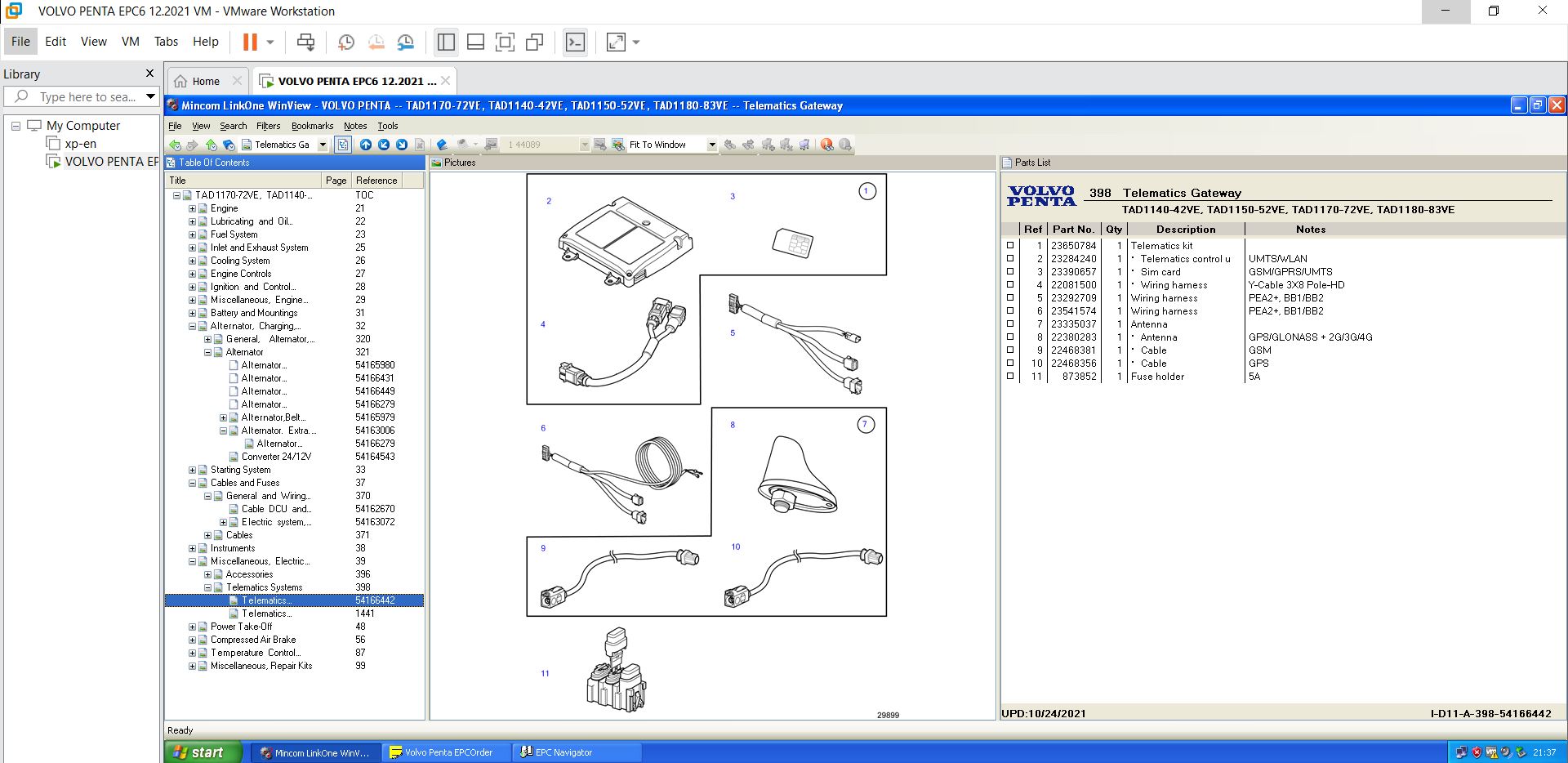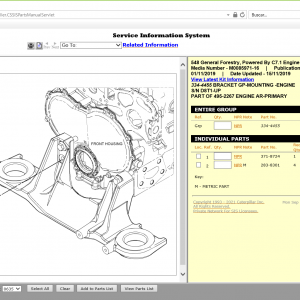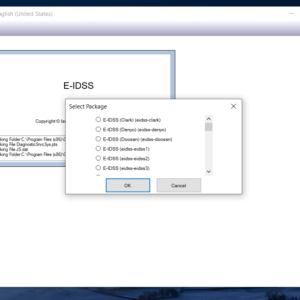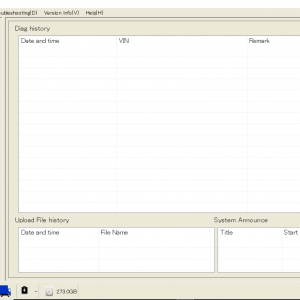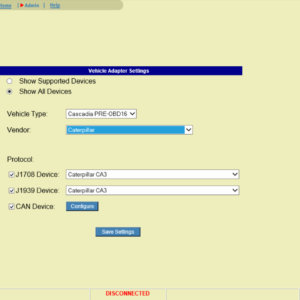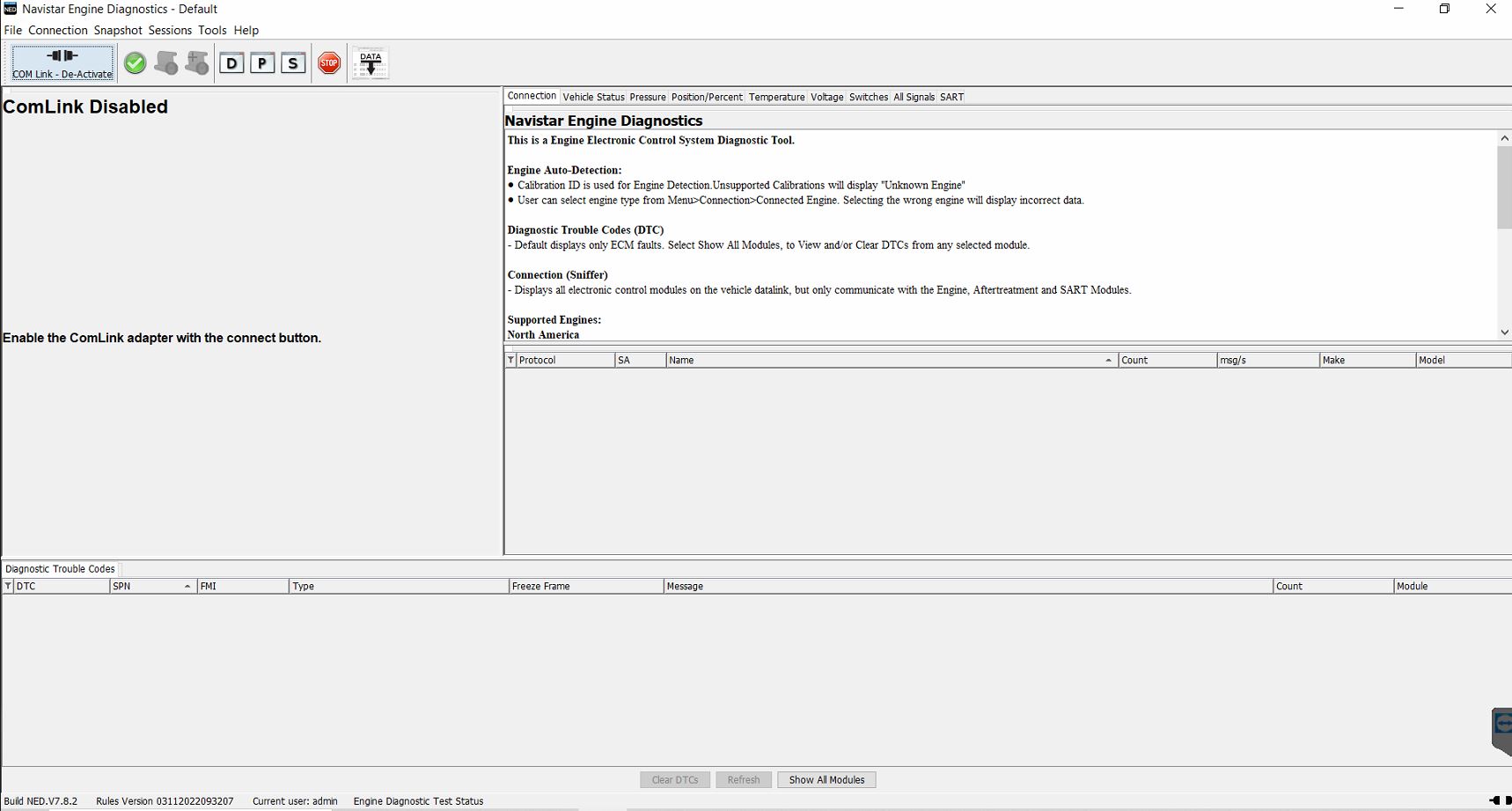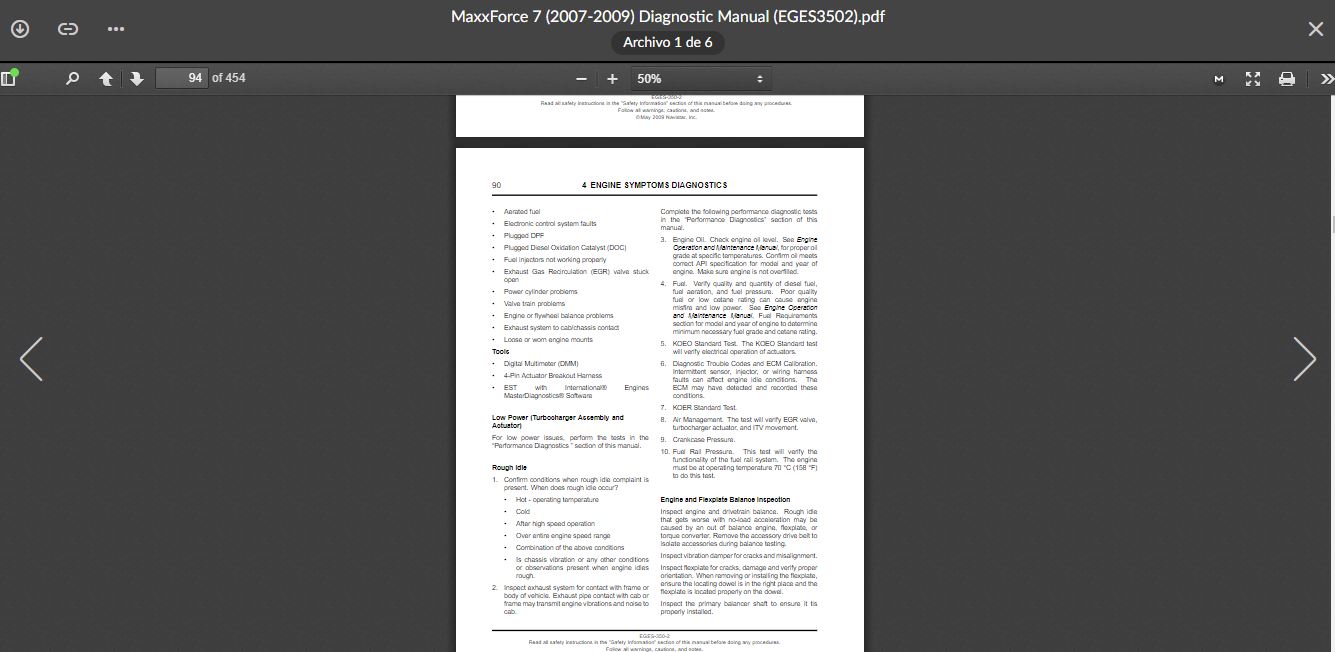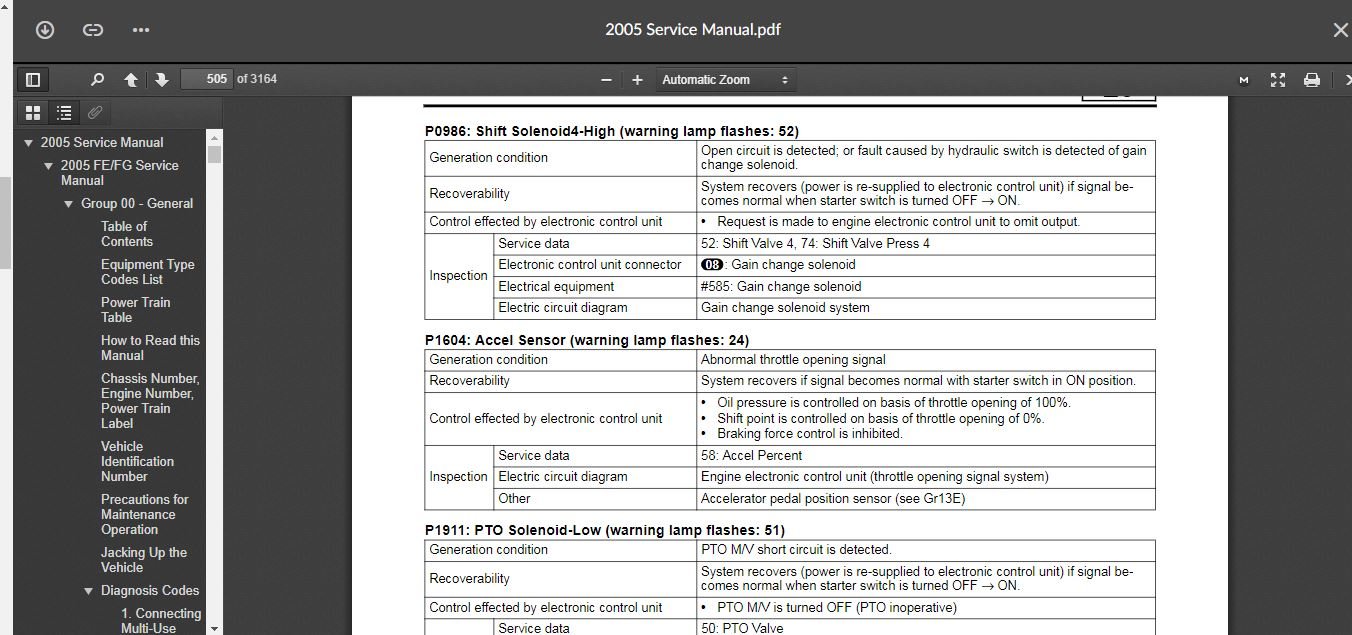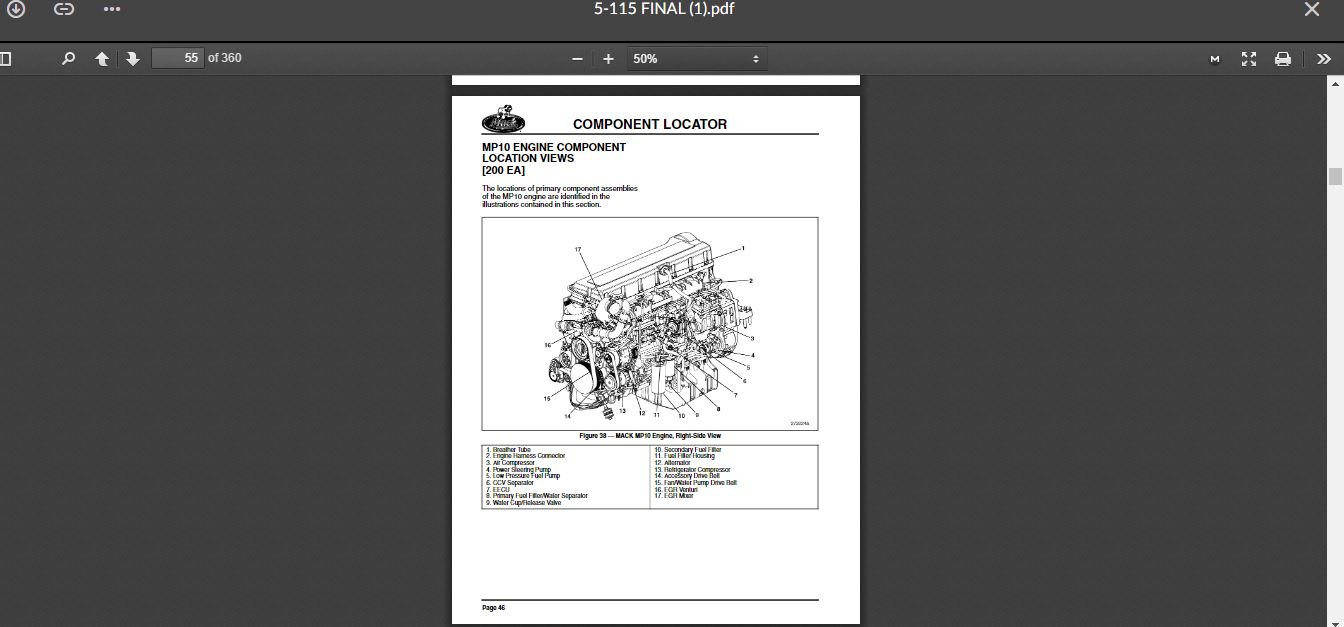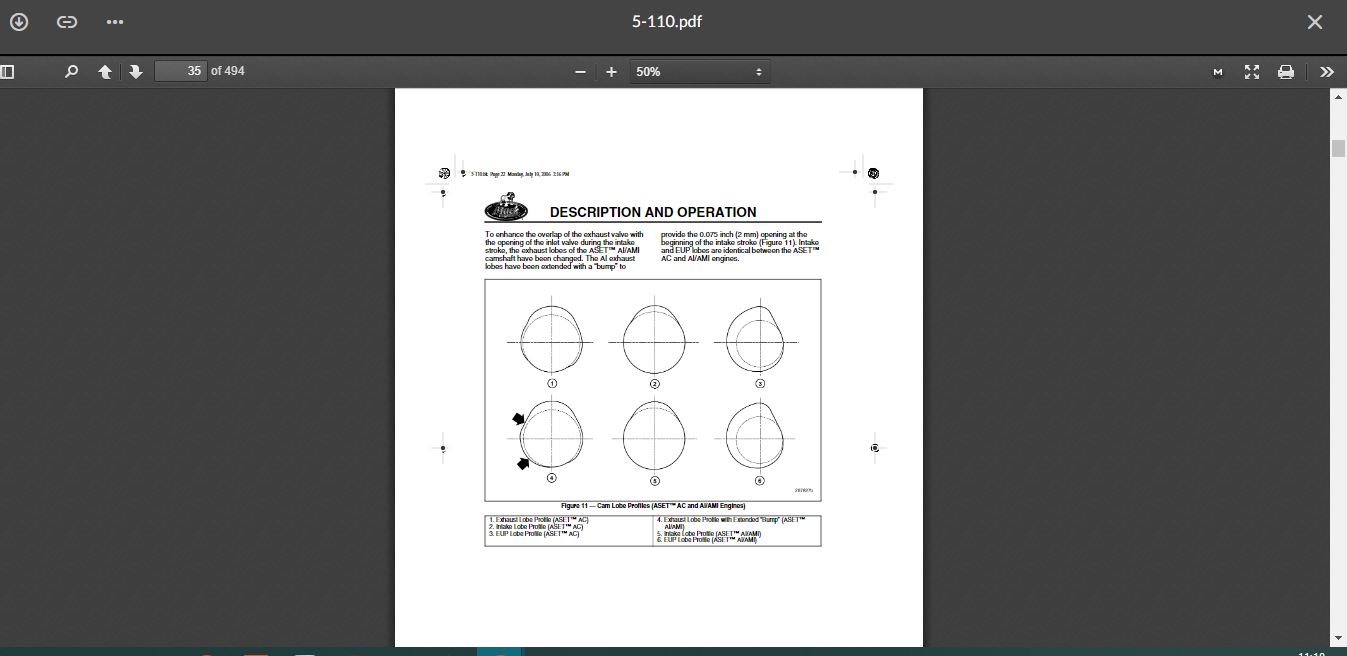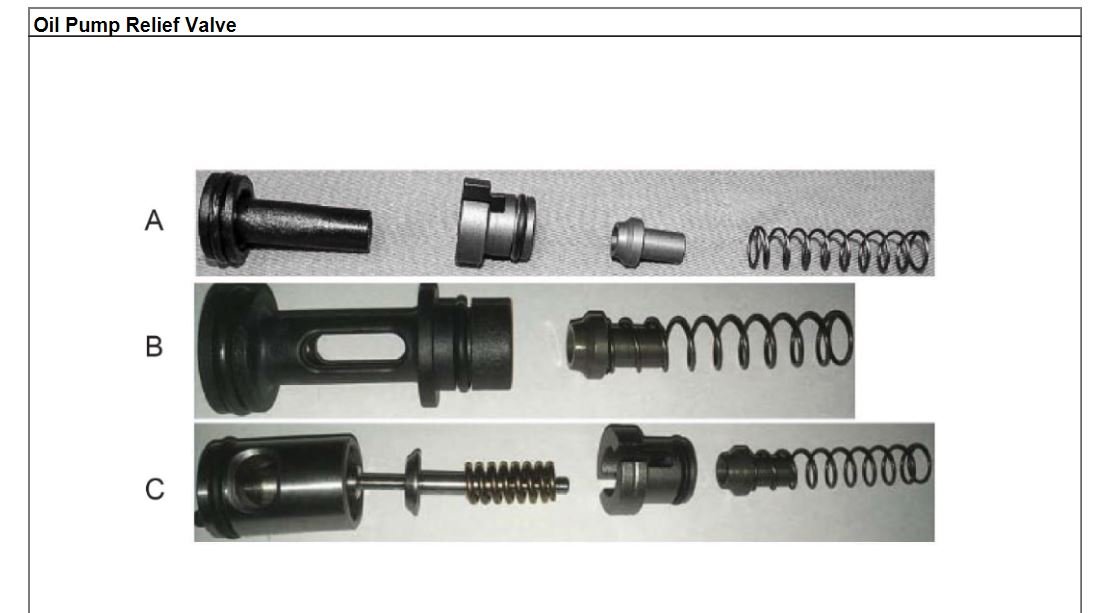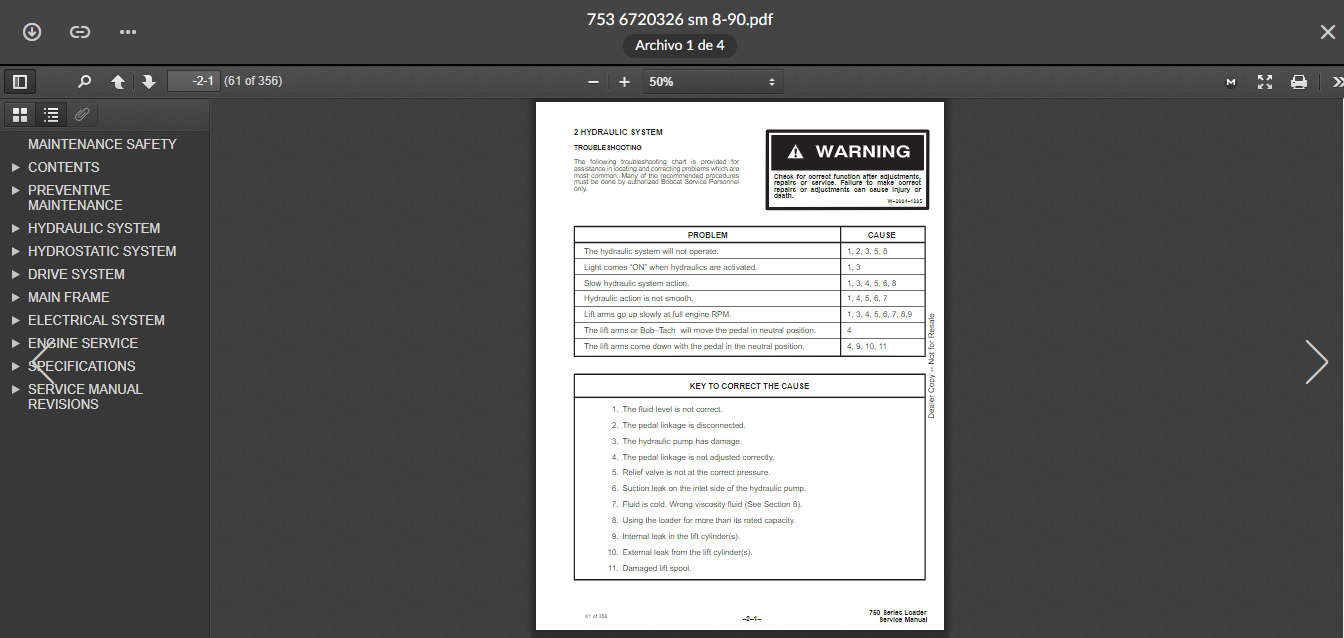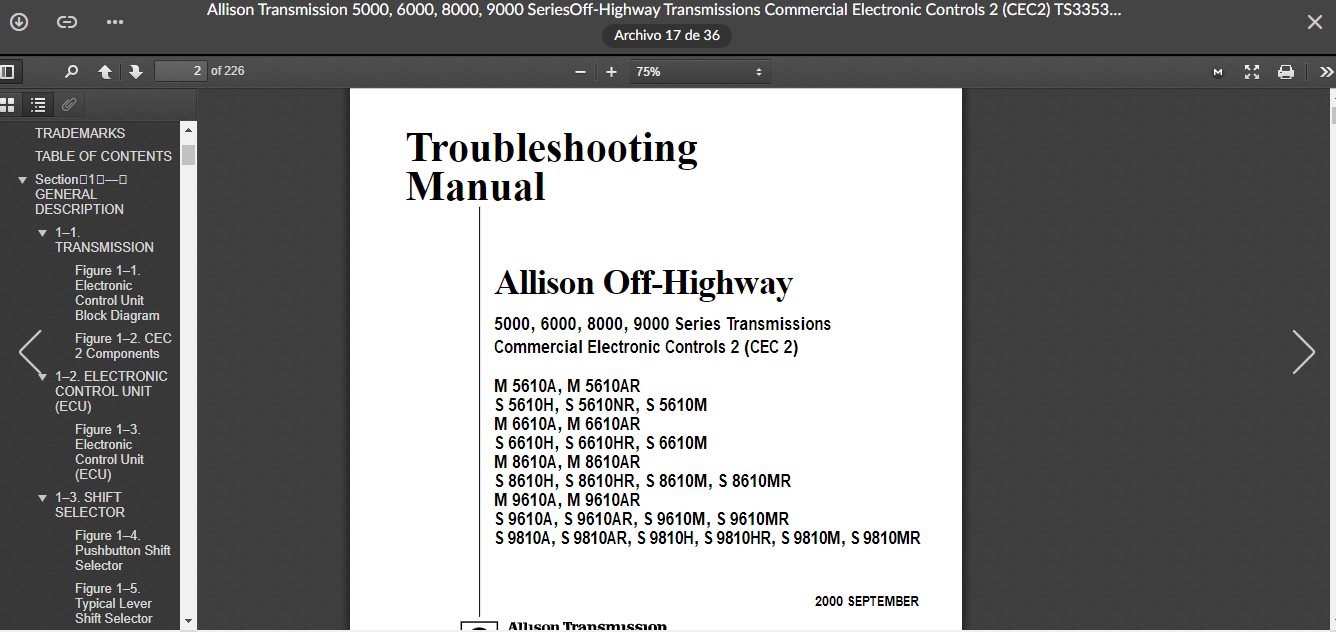Cummins X15 CM2450 X124B (2018 & Newer) Fault Code: 3256 PID: SPN: 3246 FMI: 15 Aftertreatment Diesel Particulate Filter Outlet Temperature- Data Valid But Above Normal Operating Range- Least Severe Level
Circuit Description
The aftertreatment diesel particulate filter temperature sensor module is a smart device that communicates with the engine control module via the J1939 data link. The aftertreatment diesel partculate filter temperature sensor module performs its own internal diagnostics and reports malfunctions back to the engine control module using the J1939 data link. The aftertreatment diesel particulate filter temperature sensor module is used to measure the aftertreatment diesel oxidation catalyst intake temperature, aftertreatment diesel particulate filter intake temperature, and aftertreatment diesel particulate filter outlet temperature. The temperature probes are permanently attached to the aftertreatment diesel particulate filter temperature sensor module and can not be replaced individually.
Component Location
The aftertreatment diesel particulate filter outlet temperature sensor is located in the aftertreatment system. It is located at the outlet of the aftertreatment diesel particulate filter. Refer to the original equipment manufacturer (OEM) service manual.
Conditions for Running the Diagnostics
This diagnostic runs continuously when the keyswitch is in the ON position and the engine is running.
Conditions for Setting the Fault Codes
The aftertreatment diesel particulate filter outlet temperature sensor was greater than 675°C [1247°F] for 10 seconds on five separate occasions.
Action Taken When the Fault Code is Active
The ECM illuminates the amber CHECK ENGINE lamp and/or the Malfunction Indicator Lamp (MIL) immediately when the diagnostic runs and fails.
Active and stationary regeneration of the diesel particulate filter will be disabled.
Engine torque will be reduced if the engine is operated for an extended period of time with this fault active.
Conditions for Clearing the Fault Code
To validate the repair using a Diagnostic Road Test, utilize a route that incorporates both stop and go city type driving and steady state highway type driving. It may be necessary to load the unit for certain diagnostics in the ECM to run.
To validate the repair using a Chassis Dynamometer, utilize a routine that incorporates acceleration and motoring events, steady state highway type operation, and load. This will simulate normal driving and allow the diagnostics in the ECM to run.
To validate the repair, start the engine and perform the INSITE™ electronic service tool Aftertreatment Diesel Particulate Filter Regeneration Test.
The fault code status displayed by INSITE™ electronic service tool will change to INACTIVE immediately after the diagnostic runs and passes.
The ECM will turn off the amber CHECK ENGINE lamp immediately after the diagnostic runs and passes.
For On-Board Diagnostics (OBD) engines, the ECM will extinguish the Malfunction Indicator Lamp (MIL) after three consecutive trips where the diagnostic runs and passes.
The Reset All Faults command in INSITE™ electronic service tool can be used to clear active and inactive faults, as well as extinguish the MIL for OBD applications.
Shop Talk
This fault will go inactive immediately after the aftertreatment temperatures drop below the warning limit, and will likely be inactive when the vehicle is in the shop. For these reasons, this troubleshooting tree must be used for both active and inactive fault codes.
Possible causes of this fault code include:
Excessive engine oil or diesel fuel being introduced into the exhaust system from the engine
A damaged engine fuel injector causing unburned diesel fuel to enter the exhaust system
A face plugged aftertreatment diesel oxidation catalyst
Reference the appropriate OEM wiring diagram when troubleshooting circuits that utilize wiring supplied by the OEM.
Possible Cause:
1) ECM calibration
Related
-
download Hitachi Construction Machinery MPDr Ver 3.7.0.0 [10.2020] Diagnostic Software
Hitachi $76.00Rated 0 out of 5 -
JOHN DEERE SERVICE ADVISOR 5.3.225 DATABASE AG + CF ENGLISH 2023
John Deere $250.00Rated 0 out of 5
-
John Deere & Hitachi Parts ADVISOR 2020 [08.2020] Offline DVD Spare Parts Catalog
John Deere $120.00Rated 0 out of 5 -
10 IN 1 FOR CAT SIS Caterpillar 2021 Full Service Dealer INCLUDING CAT 2019 C
CAT $110.00Rated 0 out of 5 -
CAT Engine Reprogramming Tool for flash programming C1.8, C2.4, C3.8 & C3.3B + Guide
CAT $50.00Rated 0 out of 5 -
Hino Diagnostic eXplorer 2 – Hino DX2 1.1.19.1 with keygen unlocked ( Hino trucks )
Hino $50.00Rated 0 out of 5
Related products
-
Allison 1000 & 2000 Gen 4 Fault Codes: P2810 Solenoid G Electrical
1000 & 2000 Gen 4 $50.00Rated 0 out of 5 -
Allison 1000 & 2000 Gen 4 Fault Codes: U0032 J1850 (Class 2) Serial Data Communication Link High
1000 & 2000 Gen 4 $50.00Rated 0 out of 5 -
Allison 1000 & 2000 Gen 4 Fault Codes: P1891 Engine Throttle Position Sensor Pulse Width Modulation (PWM) Signal Low Input
1000 & 2000 Gen 4 $50.00Rated 0 out of 5 -
Allison 1000 & 2000 Gen 4 Fault Codes: P1688 Unmanaged Engine Torque Delivered To TCM Signal
1000 & 2000 Gen 4 $50.00Rated 0 out of 5 -
Allison 1000 & 2000 Gen 4 Fault Codes: P0847 Transmission Pressure Switch Solenoid D Circuit Stuck Closed
1000 & 2000 Gen 4 $50.00Rated 0 out of 5 -
Allison 1000 & 2000 Gen 4 Fault Codes: P0880 TCM Supply Voltage
1000 & 2000 Gen 4 $50.00Rated 0 out of 5 -
Allison 1000 & 2000 Gen 4 Fault Codes: U1016 Class 2 J1850 (Class 2) Powertrain Controller State of Health Failure
1000 & 2000 Gen 4 $50.00Rated 0 out of 5 -
Allison 1000 & 2000 Gen 4 Fault Codes: P0123 Pedal Position Sensor Circuit High Voltage
1000 & 2000 Gen 4 $50.00Rated 0 out of 5 -
Allison 1000 & 2000 Gen 4 Fault Codes: U2104 CAN Bus Reset Counter Overrun
1000 & 2000 Gen 4 $50.00Rated 0 out of 5 -
Allison 1000 & 2000 Gen 4 Fault Codes: U0073 CAN Bus Reset Counter Overrun
1000 & 2000 Gen 4 $50.00Rated 0 out of 5 -
Allison 1000 & 2000 Gen 4 Fault Codes: P0872 Transmission Pressure Switch Solenoid E Circuit Stuck Closed
1000 & 2000 Gen 4 $50.00Rated 0 out of 5 -
Allison 1000 & 2000 Gen 4 P0719 Brake Switch ABS Input Low
1000 & 2000 Gen 4 $50.00Rated 0 out of 5 -
Allison 1000 & 2000 Gen 4 Fault Codes: U1041 J1850 (Class 2) ABS Controller State of Health Failure
1000 & 2000 Gen 4 $50.00Rated 0 out of 5
-
SERVICE MANUAL International Engines MaxxForce 7 (2007-2009)
INTERNATIONAL ENGINES $31.00Rated 0 out of 5 -
SERVICE MANUAL 3000 AND 4000 SERIES GEN 4 GENERATION – ALLISON
Allison$19.00Original price was: $19.00.$17.00Current price is: $17.00.Rated 0 out of 5 -
SERVICE MANUAL Eaton Fuller® HD FR/FRO TransmissionsTRSM2400April 2013
TRUCK MANUALSRated 0 out of 5



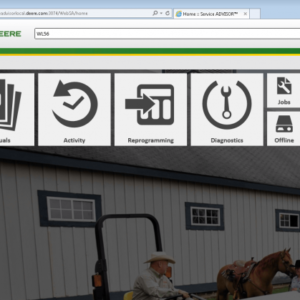

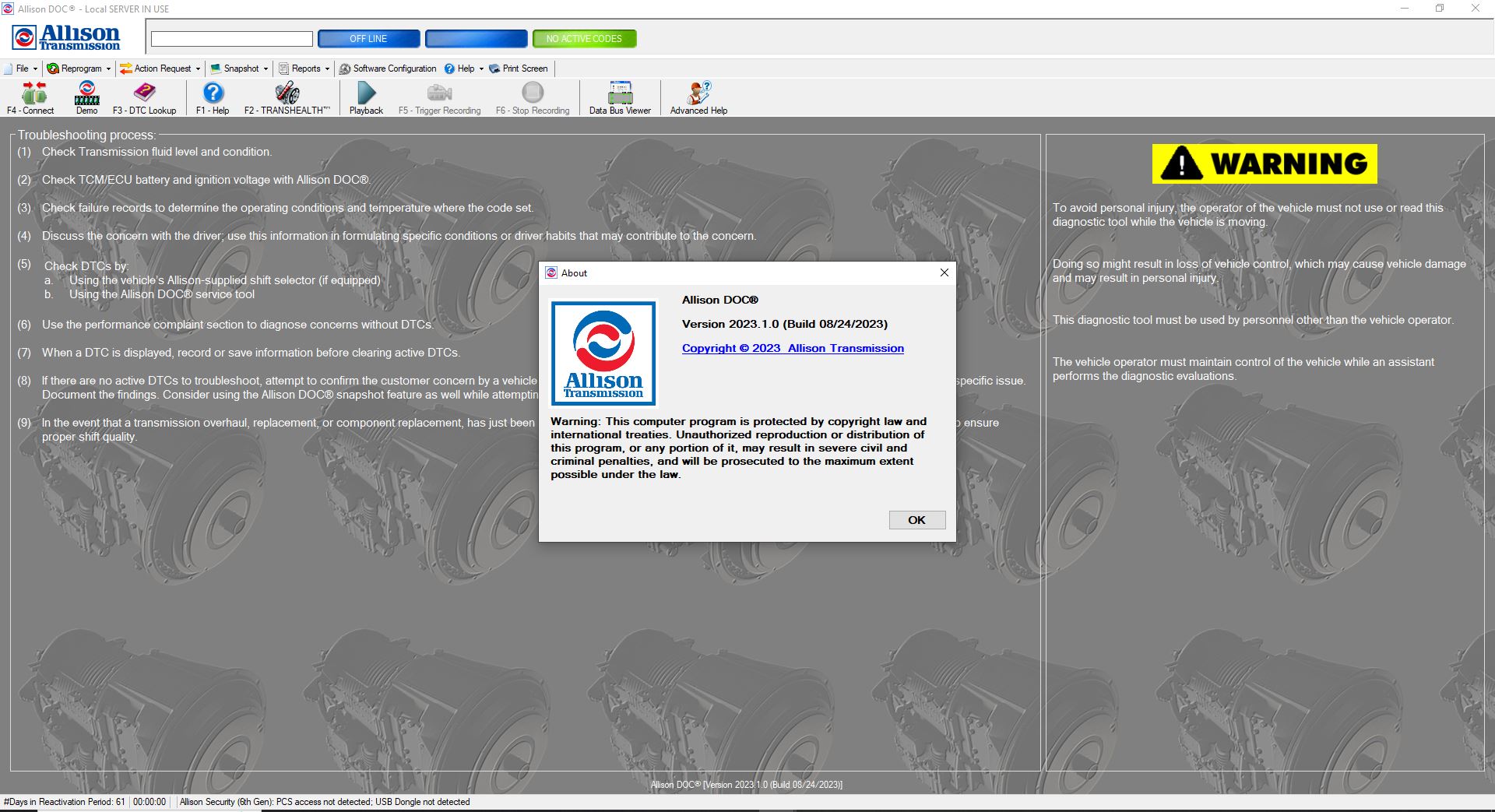
![download Hitachi Construction Machinery MPDr Ver 3.7.0.0 [10.2020] Diagnostic Software](https://i0.wp.com/www.ecuforcetruck.com/wp-content/uploads/2023/05/MPDR-3.7.00.png?resize=300%2C300&ssl=1)
![download Hitachi Construction Machinery MPDr Ver 3.7.0.0 [10.2020] Diagnostic Software](https://www.ecuforcetruck.com/wp-content/uploads/2023/05/MPDR.png)


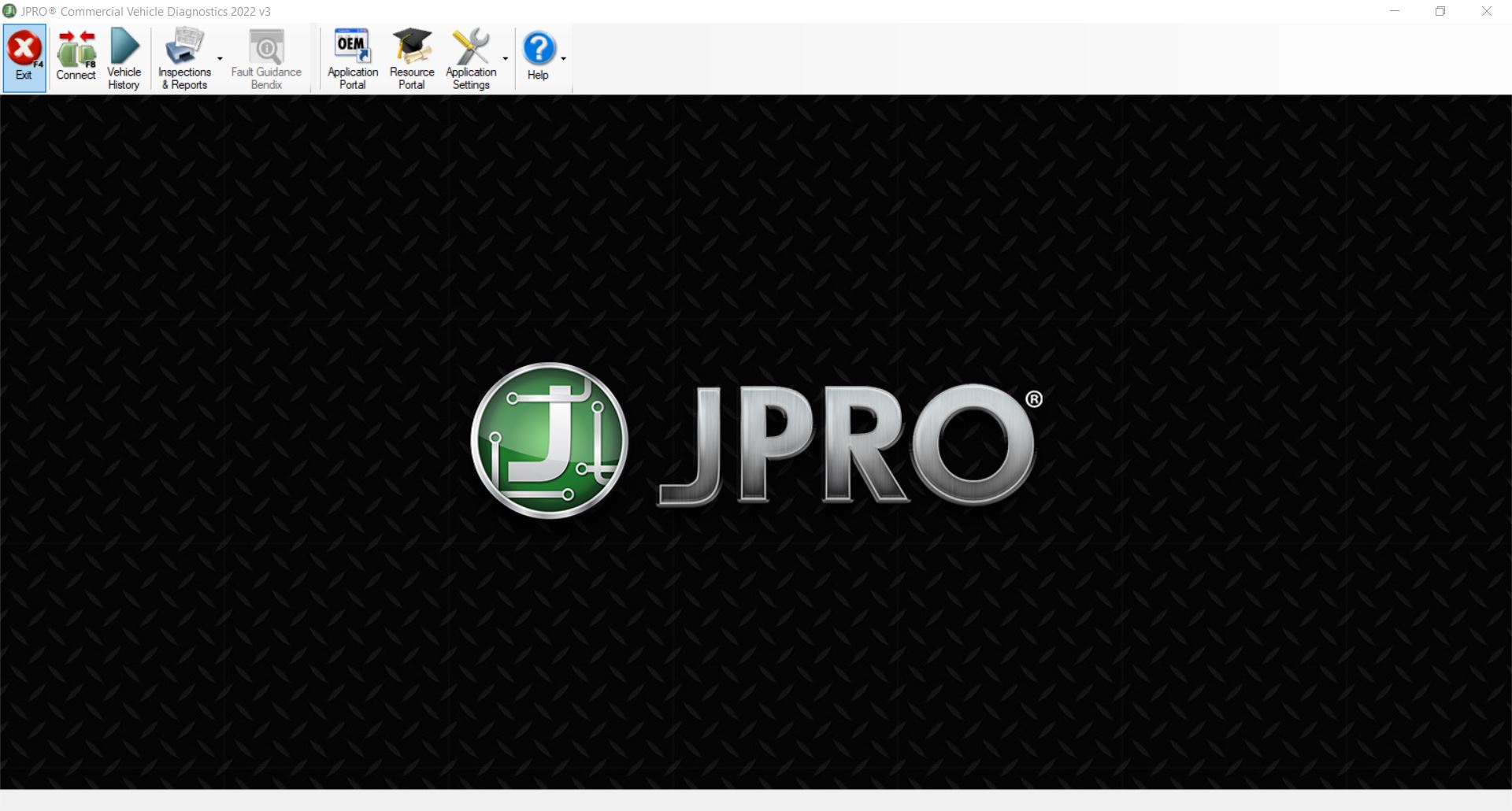

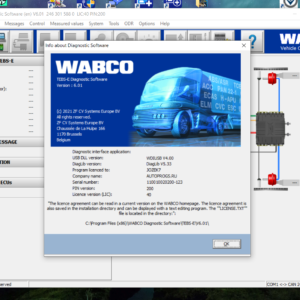



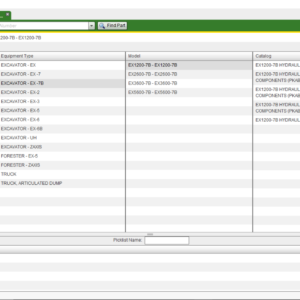
![Volvo Penta EPC 6 Offline VMware [12.2021] VMware](https://i0.wp.com/www.ecuforcetruck.com/wp-content/uploads/2022/11/VOLVO-PENTA-2021-A.jpg?resize=300%2C300&ssl=1)
